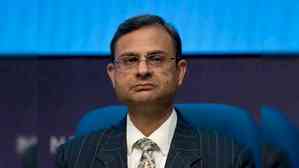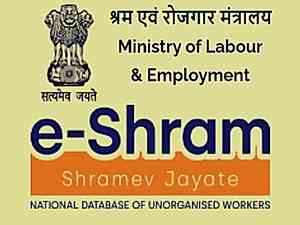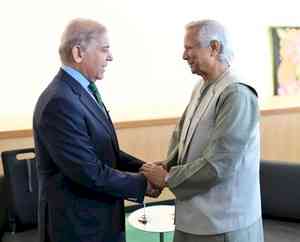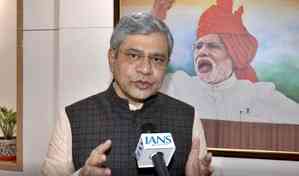Upskilling and reskilling will boost the FMCG sector at a faster pace CII National FMCG Summit
Speed and agility required across all elements of the organization for long term success
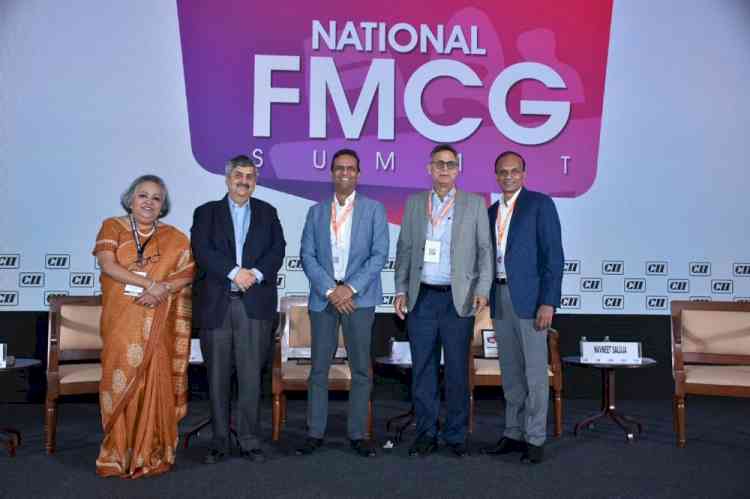
Mumbai, December 6, 2022: Post the COVID 19 pandemic consumers are switching to more eco-friendly products and to cater to the conscious customers, FMCG companies are looking at more progressive models as a future necessity to minimize the environmental effects stated Mr. Bharat Puri, Chairman National Committee on FMCG & Managing Director, Pidilite Industries speaking at the CII FMCG National Summit 2022 organised by the Confederation of Indian Industry (CII).
Puri explained that the FMCG sector is called as the bell weather of the economy. “Speed and agility are a must to succeed however this needs to translate across all elements of the organization for long term success. There is also a need to focus on creating sustainability and become environmentally friendly in the long run,” he said.
Deepak Iyer, Managing Director, Mondelez India explained that a lot of changes have taken place in the FMCG sector in the last couple of years. “It is a digital consumer that we are looking at today. This means that even within the organization a lot of skill sets have begun to change. So, people need to be reskilled and given the new age skill sets to get more future ready workforce,” he informed.
According to Iyer, there is a social responsibility of saving the planet. “There is a need to reduce the carbon emission at source. There is no ban on plastic use, but one need to recycle or dispose plastic more responsibly,” he added.
He stated that technology is being leveraged to optimize the workforce. “FMCG products used to be transported in specially designed vehicles but what is the guarantee that the operator does not switch off the vehicle. This would mean that products worth lakhs of rupees would stand the risk of getting destroyed because of changes in the temperature. Now with the help of special sensors, the same can be monitored and the risk eliminated,” he added.
Prashant Peres, Managing Director - India & South Asia, Kellogg stated that brands today are living off a purpose of doing some good for the people.
“Companies are looking at partnerships and are taking steps to put sustainability on their agenda. However, the industry will have to take collective steps in this regard and one individual company cannot do it alone,” he said.
He explained that post the pandemic, how you communicate with the consumer has. also changed. “A lot of reskilling is needed not just for individuals but for the entire team. People today trust influencers and there is a need to adapt to the change to mark success,” Peres added.
Success of FMCG companies in this new era will rely as much on developing new skills as it would on precise leadership and decision making, often with disparate information.
Navneet Saluja, Area General Manager, Indian Sub-Continent, Haleon stated that there is a need to create a culture that drives innovation. “Though surviving for larger brands would be possible in the future, the revenue pie will keep growing smaller. So, there is a need to challenge ourselves,” he said.
According to Saluja, the FMCG sector has been delivering pricing which is lower than the inflation. “We have done a great job on the pricing. We need to percolate our purpose to our brands as well which would define the boundaries. In the next 20 years, all brands would have a social purpose as well,” he pointed out.
He added that even if the company generates a lot of revenue, unless there is a social agenda, their multiplier would be zero. “This has set a serious direction and gives a better multiplier effect,” he said.
Abheek Singhi, Managing Director and Senior Partner, Asia- Pacific Leader, Consumer and Retail Practice, Boston Consulting Group (BCG), Mumbai explained that there has been a double- digit growth rate in the FMCG sector in India since the last two decades.
“Almost two third of the revenue generated is from the unorganized sector. The share of the FMCG profits have also grown from 5 percent in the year 2010-14 to around 7 percent in the year 2020-22. The Indian FMCG market has outperformed globally,” he said.


 City Air News
City Air News 
